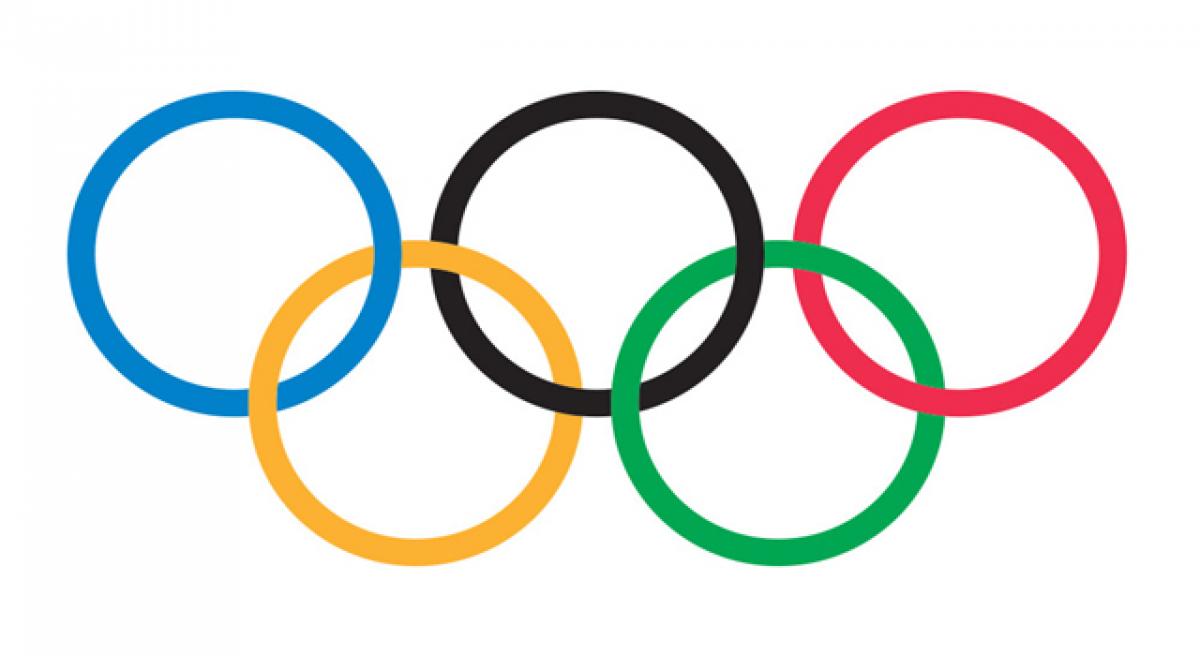Live
- AM Green Kakinada Cluster Joins the World Economic Forum.
- 3 elephants electrocuted in Sambalpur
- Elevate Your Style: Handpicked Luxury Fashion & Accessories
- Ola Electric users continue to cry amid poor service, software glitches nationwide
- Panchayat Raj AE Panduranga Rao caught by ACB while taking a bribe of Rs 50,000.
- Leveraging Data and Analytics for Product Management Excellence: Mahesh Deshpande’s Approach
- Two vegetable varieties of Himachal varsity get national recognition
- Border-Gavaskar Trophy 2023-25: Bowling coach Morne Morkel says Mohammed Siraj is a legend, has a big heart and aggressive mindset
- Michael Vaughan Questions India's Decision to Skip Warm-Up Match Before Border-Gavaskar Trophy
- Rizwan Rested for Final T20I: Agha to Lead Pakistan in Hobart









